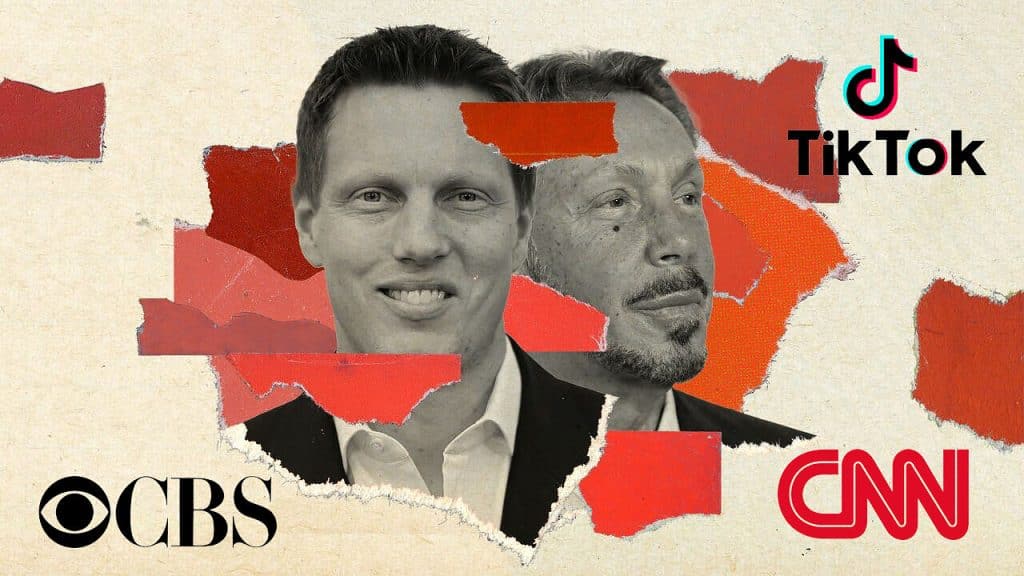The rise of a new media empire in America; who are the “Ellisons” and what do they do?
In the first part of this report on the dispute between Beijing and Washington over the social network TikTok, it became clear that the US confrontation with this platform is more about an attempt to maintain the US media monopoly than about genuine national security concerns. The US, which has used indigenous social networks such as Facebook and YouTube for years to exert soft power and manage public opinion, now sees the emergence of a Chinese competitor with millions of young users as a strategic threat to its information dominance.
The first part also showed that US President Donald Trump has used TikTok’s fate more as a tool for political and economic pressure, from successive delays in implementing the ban on this social network to complex negotiations with US technology companies such as Oracle and Amazon. The conflict eventually reached a point where the US and China were forced to engage in high-level diplomatic talks, and an initial framework agreement was formed.
As mentioned at the end of the first part of this report, citing an analysis by the New Yorker, trade talks between Washington and Beijing have entered a critical phase, with US Treasury Secretary Scott Besant announcing on September 15 that the US and China had reached a “framework agreement” that Presidents Trump and Xi Jinping are expected to confirm in a phone call on Friday, September 18. In the wake of this trend, US officials have attempted to redefine the scope of concerns about TikTok in their statements.
In this regard, the New Yorker reported: Besant also downplayed concerns about China’s use of TikTok for advertising, saying that the Chinese version of the app is more educational, while the American version is more entertainment-oriented. These statements were criticized by some analysts. “They’re interested in the Chinese characteristics of the app, what they think is soft power,” the US Treasury Secretary told Reuters and Bloomberg. “We don’t care about the Chinese characteristics. We care about national security.” He continued that the Chinese version of TikTok “is more focused on education, whereas in the United States, TikTok is more about entertainment.” The worrying thing is that Basnet is so misinformed that it believes this,” wrote author and analyst Bill Bishop in his newsletter, Cynocism.

